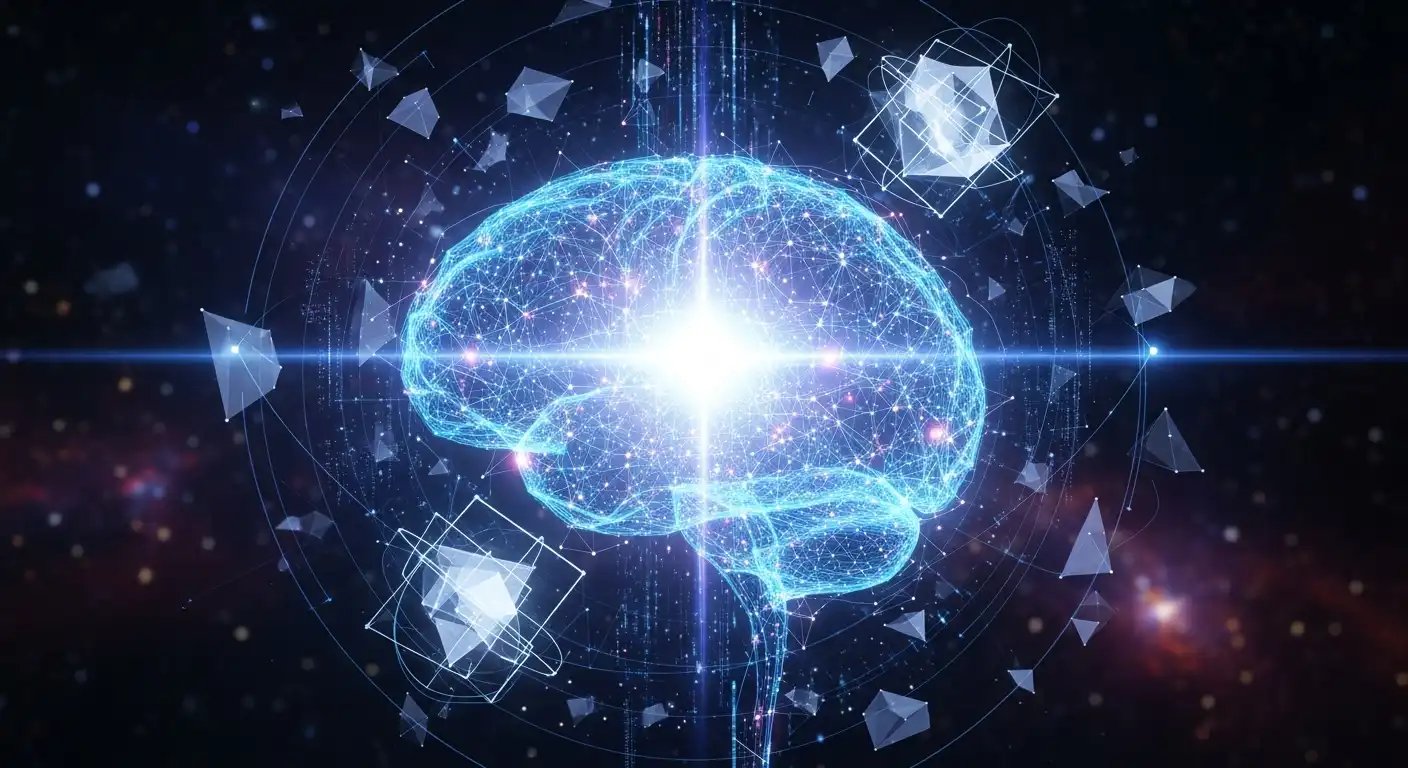Artificial Intelligence (AI) is undoubtedly one of the most transformative technologies of our time, reshaping industries, societies, and our daily lives. With its growing prominence, it’s essential to delve into an insightful analysis of AI, exploring its impact, challenges, and future potential.
AI’s Impact
The impact of artificial intelligence is multifaceted and spans various sectors. In healthcare, AI algorithms can accurately analyze medical images, assist in drug discovery, and predict disease outbreaks. In finance, AI-driven trading systems process vast datasets to make split-second decisions. In transportation, autonomous vehicles promise to revolutionize the way we commute. In education, AI personalizes learning experiences. These examples showcase AI’s potential to optimize processes, improve decision-making, and enhance our quality of life.
AI’s Challenges
However, artificial intelligence faces several challenges. One of the most significant concerns is ethics. As AI systems become more autonomous, they raise questions about accountability and bias. Who is responsible when an AI-powered autonomous car makes a fatal error? How can we ensure AI algorithms are free from discrimination? Another challenge is job displacement. In comparison, AI can augment human capabilities and automate tasks, leading to workforce disruptions. Striking a balance between AI-driven efficiency and job preservation is a complex task for policymakers.
AI’s Future Potential
The future of artificial intelligence is promising, with exciting developments on the horizon. Quantum computing, for instance, holds the potential to exponentially speed up AI computations, unlocking new possibilities in drug discovery, cryptography, and climate modeling. AI-driven robotics will play a crucial role in healthcare and manufacturing, augmenting human capabilities and improving precision. Natural language processing advancements will lead to more sophisticated chatbots, translators, and content-generation tools. AI’s fusion with other technologies, such as augmented reality and blockchain, will create novel industry applications.
AI in Society
AI’s societal implications are profound. Privacy concerns are paramount, as AI systems collect and analyze vast amounts of personal data. Striking a balance between innovation and data protection is an ongoing challenge. AI’s role in surveillance and social control raises ethical dilemmas. Transparency, regulation, and public awareness are essential to address these concerns. Furthermore, AI can exacerbate existing inequalities if access to its benefits is unequal. Bridging the digital divide and ensuring AI serves all segments of society is a critical task.
AI and Human Collaboration
Contrary to the fear of artificial intelligence replacing humans, a more likely scenario is collaboration. AI excels at routine tasks and data analysis, while humans excel at creativity, empathy, and complex problem-solving. Combining these strengths can lead to unprecedented innovations. AI can assist doctors in diagnosing diseases, help lawyers review documents more efficiently, and aid educators in tailoring lessons to individual students. The successful integration of AI into various professions will depend on reskilling and upskilling the workforce.
Conclusion
Artificial intelligence is a transformative force that has the potential to revolutionize every aspect of our lives. Its impact, challenges, and future potential are profound. As we navigate the AI-driven future, we must prioritize ethics, inclusivity, and collaboration. With responsible development and thoughtful deployment, artificial intelligence can be a powerful tool to address some of the world’s most pressing challenges and improve the human condition. However, its potential will only be realized if we approach it with innovation and conscientiousness.





